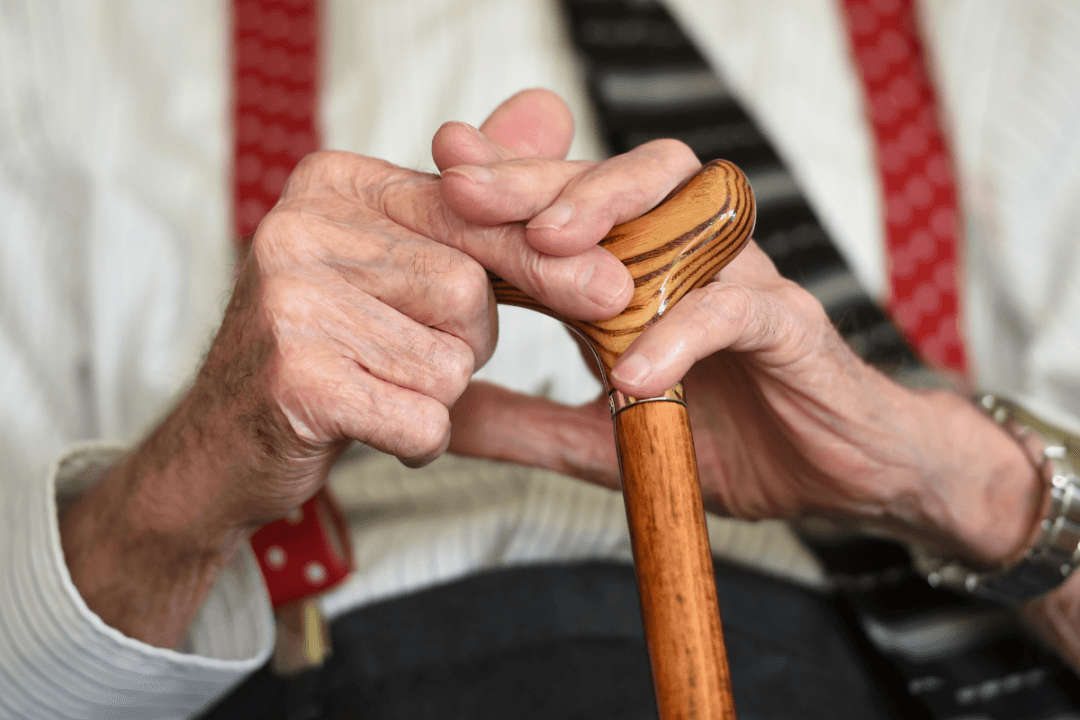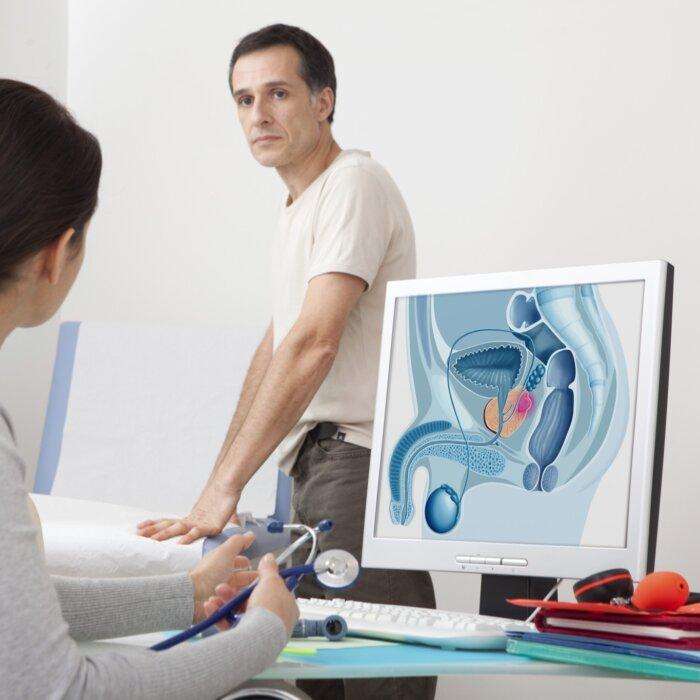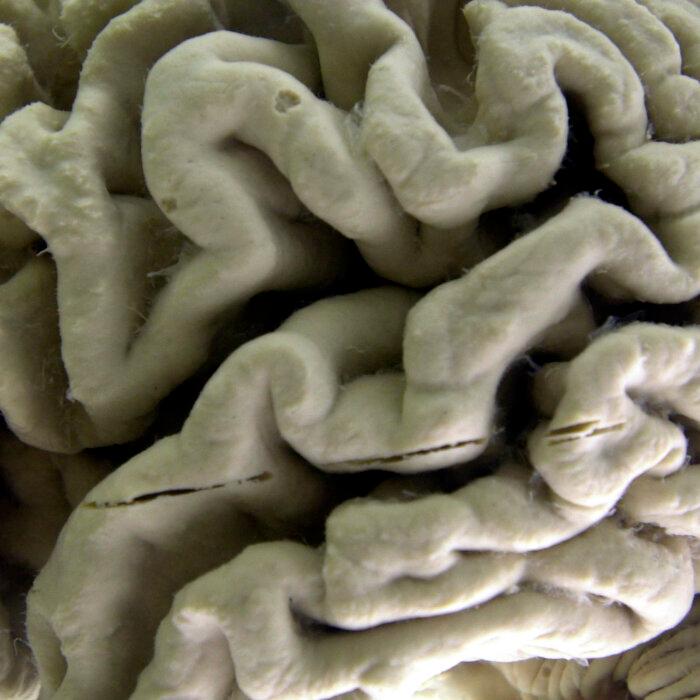University researchers have been granted £1 million to investigate a non-invasive treatment for dementia, Alzheimer’s, and Parkinson’s disease.
Researchers hope that used in combination with ultrasound, these microscopic bubbles can temporarily open the blood-brain barrier and allow the stem cell-derived therapies inside the bubbles to pass through to the brain, hopefully repairing and reversing any neurological damage.
The blood-brain barrier protects the brain, stopping toxins and other harmful substances in the body from reaching it, but it means that therapies are unable to reach the brain, too.
Scientists will be using MRI so they can monitor the physiological effect of the treatment in real time.
Researchers are also investigating the use of photons—light particles—to provide a boost of energy to the cells in the brain and blood-brain barrier, aiding healing as quickly and naturally as possible.
Key to enabling the study of this approach is the development of a laboratory model of a 3D blood-brain barrier, using cultures of human brain cells, to screen potential therapeutic targets.
Dementia on the Rise
According to the NHS, more than 944,000 people in the UK have dementia, meaning around one in 11 people over the age of 65 have the condition.That number is set to rise to 1.6 million by 2040, with researchers at Nottingham Trent warning that cases are “rising rapidly even among younger people.”
Treatments for these diseases currently focus on relieving the symptoms, but the damage caused is irreversible and the neural degeneration of each disease cannot be prevented or halted.
Dr. Gareth Cave, head of the Nanoscience and Drug Delivery Group in Nottingham Trent University’s School of Science and Technology, said on Monday, “These are illnesses that do not discriminate and once they have taken hold, they rob people of the ones they love the most and valuable years together.”
Cave continued: “By harnessing knowledge spanning a range of fields, we are pursuing a totally different and truly innovative approach. We believe the cure for Alzheimer’s, Parkinson’s and dementia could lie in the use of non-invasive techniques and natural materials.
Parkinson’s
Dementia is not a single disease, but is a term used to describe a decline in brain functionality. It is caused by a number of different diseases and Alzheimer’s disease is the most common form of dementia.
During a scene in “STILL,” Fox recalled the first time he noticed a symptom of the disease, describing waking up one morning and noticing his pinky finger “auto-animated.”
In 2010, the actor founded The Michael J. Fox Foundation, and he and others have raised nearly $2 billion for Parkinson’s research.







